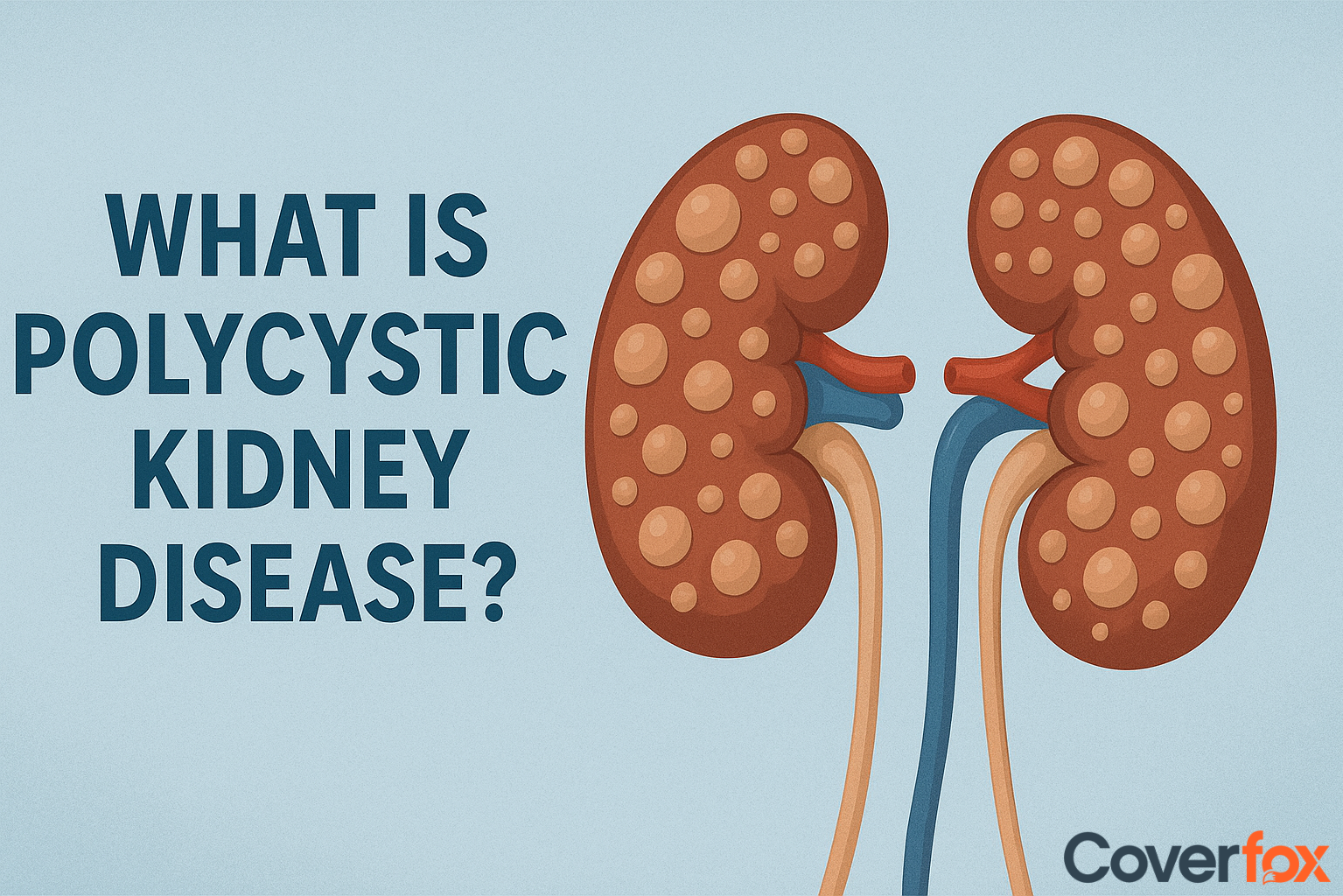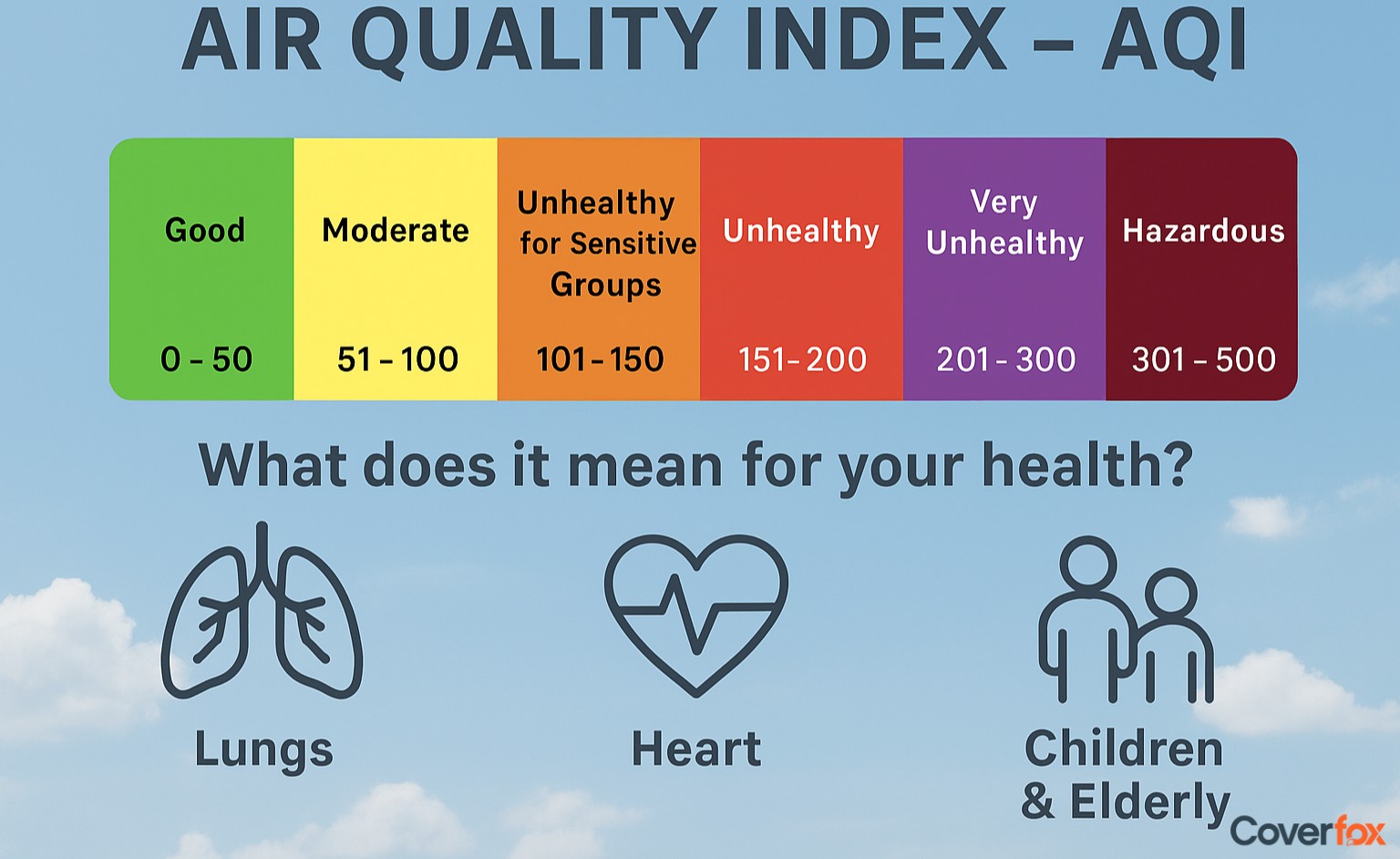Stem cell transplantation, also known as bone marrow transplant, is a medical procedure that replaces unhealthy bone marrow with healthy stem cells. It has become a beacon of hope for patients suffering from various diseases, including certain cancers, aplastic anemia, and immune system disorders. India has emerged as a hub for affordable and quality healthcare services in recent years, including stem cell transplantation. In this article, we'll discuss the cost of stem cell transplantation in India, the factors that influence it, and its affordability for patients.

What is Stem Cell Transplantation
Stem cell transplantation, also known as bone marrow transplant, is a medical procedure that involves replacing unhealthy or damaged bone marrow with healthy stem cells. Stem cells are the building blocks of the blood and immune system, and they have the potential to develop into different types of cells in the body.
Is Stem Cell Transplant Required?
For certain diseases, stem cell transplan`1tation may be the best or only curative option. The decision to proceed with a transplant is made after careful consideration by a team of specialists, taking into account the patient's overall health, the stage of the disease, and other treatment outcomes.
How Much Does a Transplant of Stem Cells Cost in India?
The cost of stem cell transplantation in India is relatively lower compared to Western countries, which is one of the reasons for the country's popularity as a medical tourism destination. On average, the cost can range from INR 15 lakhs to INR 30 lakhs depending on the type of transplant and the factors listed above.
Factors Affecting Bone Marrow Surgery Costs in India
The cost of stem cell transplantation in India can vary widely due to several factors. Understanding these factors can help patients and their families prepare for the financial aspects of the treatment.
Type of Transplant
There are mainly two types of stem cell transplants: autologous and allogeneic. In an autologous transplant, a patient's own stem cells are used, while in an allogeneic transplant, stem cells are sourced from a donor. Allogeneic transplants are generally more expensive due to the costs associated with finding and testing a suitable donor.
Source of Stem Cells
Stem cells can be harvested from bone marrow, peripheral blood, or umbilical cord blood. The source can affect the cost due to the different collection and processing methods required for each type.
Pre-Transplant Evaluation and Conditioning
Patients usually undergo rigorous evaluation and conditioning regimens, including chemotherapy and/or radiation, to prepare their body for the transplant. The intensity and duration of these procedures can significantly impact the overall cost.
Hospital and Surgeon's Fees
The choice of hospital and the expertise of the healthcare professionals involved in the procedure can influence the cost. Specialized centers with experienced surgeons and state-of-the-art facilities may charge more.
Post-Transplant Care
After the transplant, patients need close monitoring, medications to prevent complications, and sometimes additional treatments. The length of hospital stay and the level of post-transplant care required can also affect the total cost.
Conclusion
Stem cell transplantation can be a life-saving procedure, and India's healthcare system provides an affordable and quality option for those in need it is also advisable to get health insurance. While the costs can vary based on several factors, India remains one of the most cost-effective places to undergo the procedure, with a growing reputation for excellence in healthcare services. Patients considering stem cell transplantation in India should research hospitals, inquire about insurance coverage, and consult with medical professionals to get a comprehensive understanding of the potential costs involved. With the right preparation and knowledge, the journey to recovery can be made with financial peace of mind.





